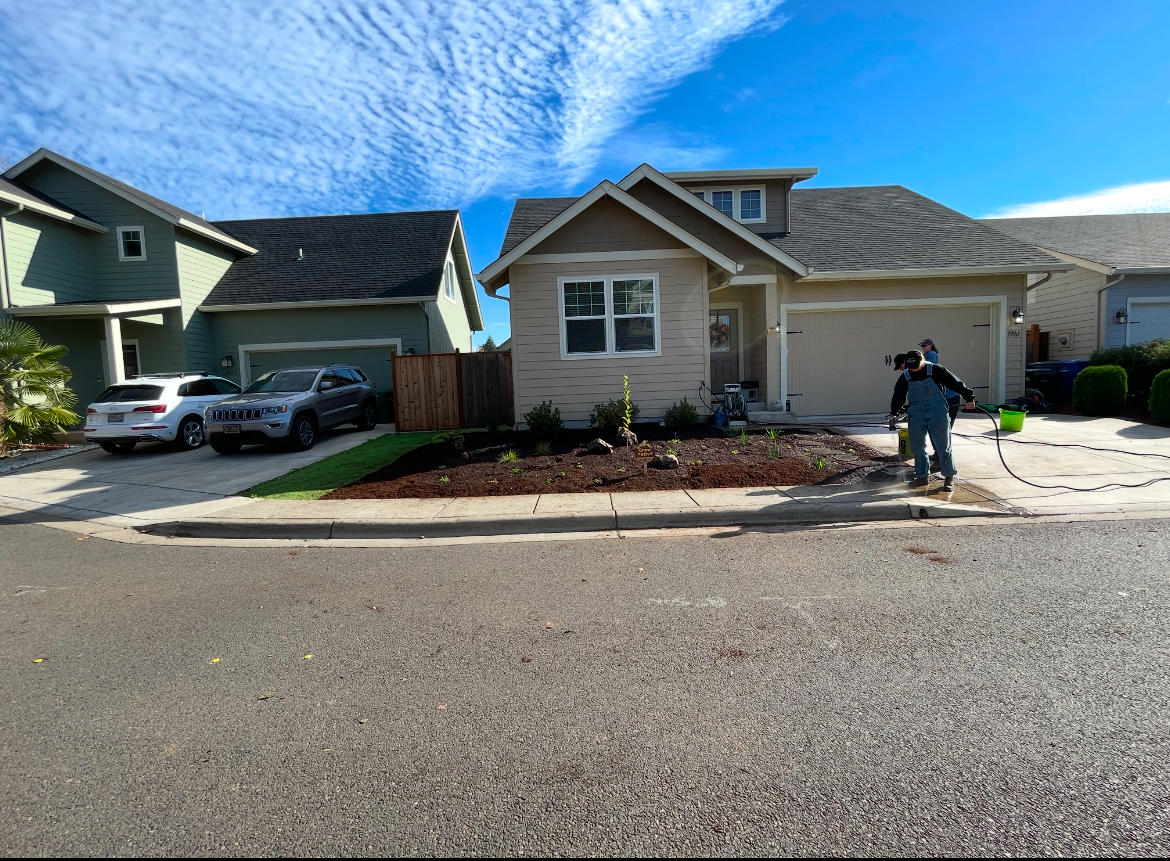
Not convinced yet?
We understand that folks love their lawns for a variety of reasons. Maybe for your dog, your kids, your Sunday naps, or your many games of croquet. Lawn Be Gone is encouraging you to rethink traditional landscaping and consider adding native plants to your space. A full native plant yard, a few shrubs and trees, a small patch of native grasses, even a flower pot full of natives can be the reprieve a butterfly needs on its journey from one patch of habitat to the next. We aren’t here to ‘lawn-shame’ you, especially if you really do require a lawn for pets, kids or HOAs! We are asking you to reconsider having the lawn that you don’t use.














